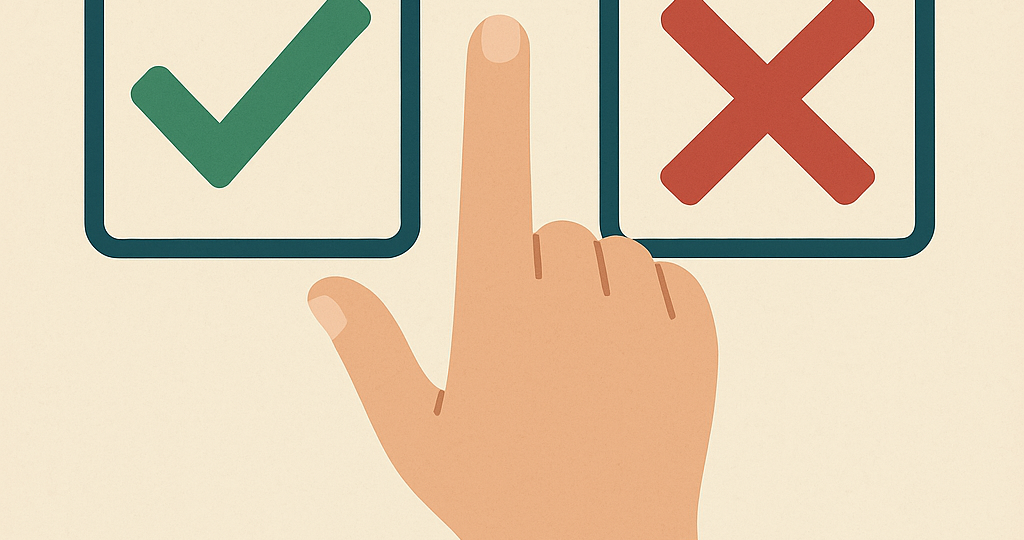
Have you ever gone to the gym and then felt totally justified in eating a huge slice of cake afterward? Or maybe you donated to charity and later found yourself cutting corners at work? Many people attribute those behavior to a lack of self – control, but that’s not actually always the case. It is rather the idea that doing something “good” gives you permission to do something “bad” later, often without even realizing it. This is what psychologists call moral Licensing.
Moral licensing works kind of like a mental scorecard. When we make a virtuous choice — like recycling, voting, or eating a salad — we feel we’ve earned moral “credit.” This credit can then be “spent” to justify not-so-virtuous behavior later on, like being rude, slacking off, or splurging. In our minds, it balances out. But in reality, it can quietly undermine the very goals we think we’re pursuing, whether it’s being healthier, kinder, or more ethical.
The term “moral licensing” was first studied and popularized by Dr. Benoît Monin and Dr. Daniel Effron, among others. In a series of experiments, they showed that people who expressed support for a Black presidential candidate (like Barack Obama) were more likely to later favor hiring a White candidate in a hypothetical job scenario. In another study, people who bought eco-friendly products were more likely to cheat in a later game. These findings revealed a strange pattern: doing something moral gave people unconscious permission to act less ethically later — as if one “good deed” gave them a free pass.
This doesn’t mean people are bad — it just shows how complicated our inner moral compass can be. Moral licensing is sneaky because it often happens without us noticing. You might feel proud of yourself for taking the stairs instead of the elevator, but then indulge in three donuts. Or you may be extra patient in one setting and then snap at someone else later — all while feeling justified.
Understanding moral licensing helps us catch ourselves in the act. It reminds us that being “good” once doesn’t mean we’re off the hook forever. Instead of treating morality like a transaction, we can strive for consistency — not perfection, but awareness. After all, the goal isn’t to erase the cake or the shortcut — it’s to recognize when we’re letting one good deed excuse another that maybe… isn’t so good.
RELATED POSTS
View all

